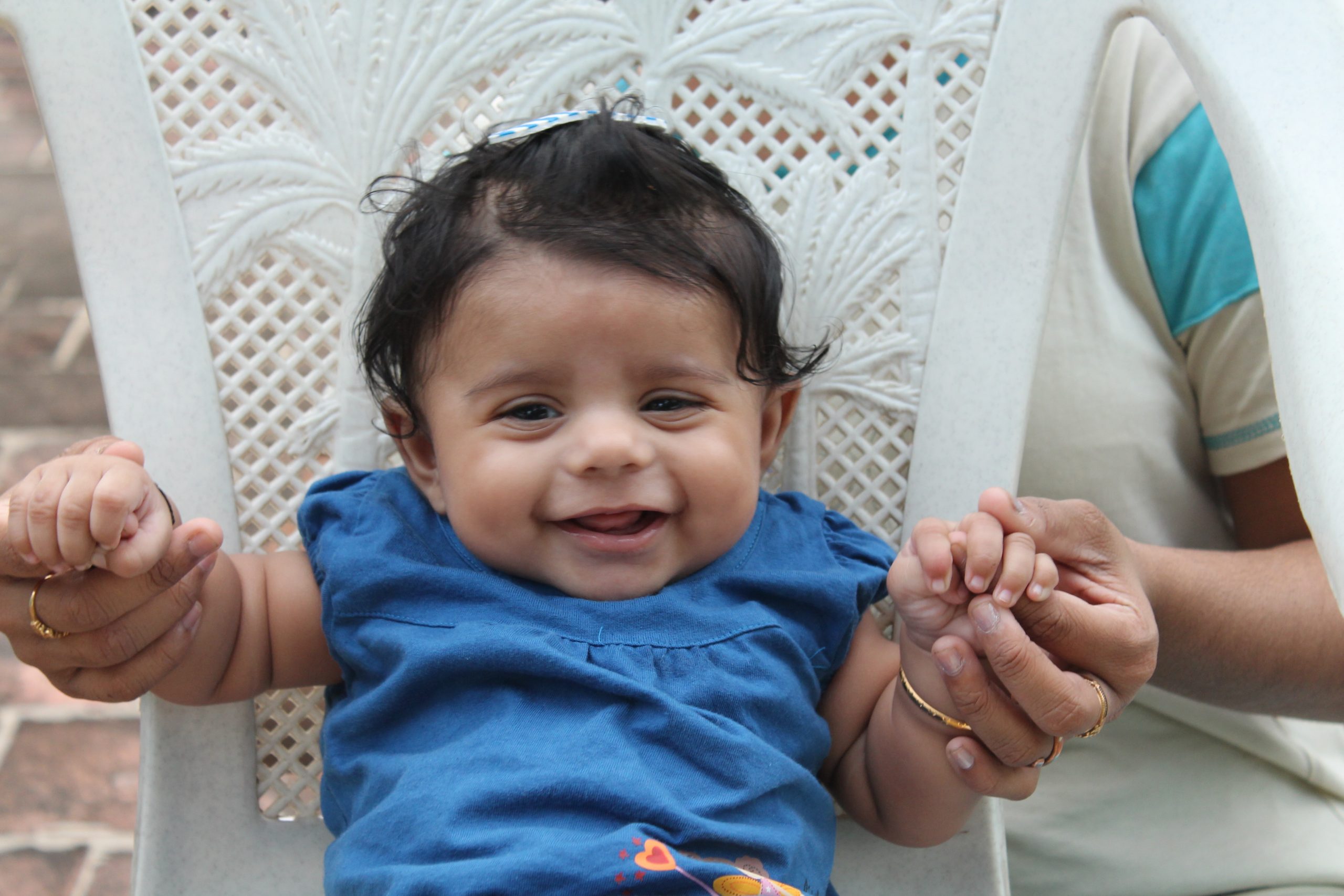
You should know about the one thing that there are no 100 percent good or bad foods. As with many other things, the amount is crucial. Healthy eating for babies and toddlers contains nutrients, the needs of which are fully met in the first months of life through breastfeeding or bottle feeding.
Of course, a baby has to be fed differently than older children or even adults. Firstly, because it has no or only a few teeth and cannot chew properly. On the other hand, the whole gastrointestinal tract has to get used to solid food slowly. That doesn’t happen overnight, but step by step over months.
There are Three Feeding Phases in First Year
Baby’s first year of life can be divided into three nutritional phases: the drinking phase, transition phase, and complementary food phase.
The Drinking Phase
The drinking phase begins with the birth and should last at least four full months: During this time, the baby receives only milk, either breast milk or, if you cannot or do not like to breastfeed, baby food.
The Transition Phase
The second nutritional phase from fifth to the seventh month is referred to as the “transition phase” because the baby learns during this time to switch from pure milk food to solid food.
The Complementary Food Phase
In the complementary food phase, the baby is accustomed to various baby food preparations with a slow increase in vegetables, meat, fruit, and cereals. Over time, the baby can be given firmer foods than snacks in between
Eating After the Complementary Food Phase
At the end of the complementary food phase, for example around the first birthday, the porridges are only mashed, no longer pureed. Now your child gets a loaf of bread in his hand while you can be enjoying free spins no deposit at games. During the complementary food phase, your baby will continue to receive milk meals, breastfeeding, or bottle feeding, but these will decrease over time.
When it comes to the family food phase, you should, as with yourself, pay attention to a completely normal healthy diet. It may sound a lot more complicated than it is. But don’t stress yourself unnecessarily, and above all, don’t make nutrition for your baby science. If you just keep a few basic rules in mind and make sure that your baby gets all the important nutrients, nothing can go wrong.
EssentialNutrients the Baby Needs
Fruit and Vegetables
Both provide important minerals and vitamins. But careful with fruit juices as they contain vitamins, but also a lot of sugar so it is better if you prepared by yourself.
Grains and Potatoes
The grain is the most important food for babies and toddlers because it contains high-quality carbohydrates which are our main energy suppliers.Potatoes can be best for even more good carbohydrates.
Fish and Meat
Meat and fish should also be on the baby’s menu. Because they contain valuable nutrients. Meat provides vitamins, minerals, and especially iron. Therefore, it should occur in non-vegetarian children in one or two meals a week.
Milk and Eggs
Milk will continue to be an important part of your child’s diet since it will cover the main calcium requirements. Cow’s milk can be good for toddlers and adults as well. One to three eggs in a week can be a great nutrient for babies.ooked or boiled or any eggs food can be great as baby food.
The post Nutrition Tips for Your Babies and Toddlers appeared first on Yummy Tummy.
from Yummy Tummy https://ift.tt/31RZfkd
via KITCHEN MASALA
No comments:
Post a Comment